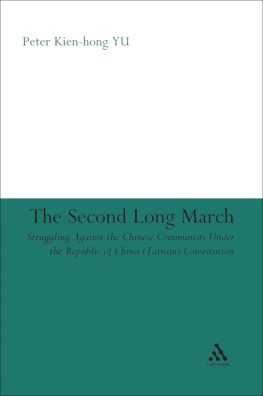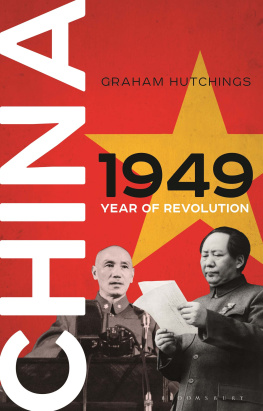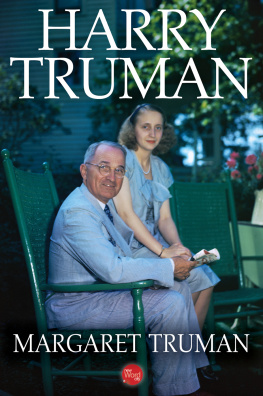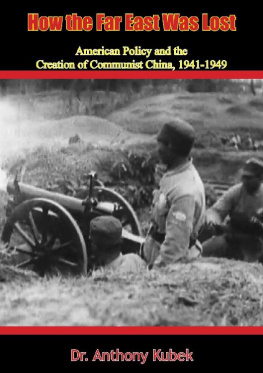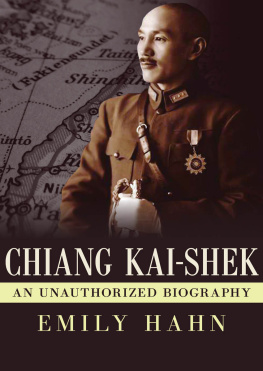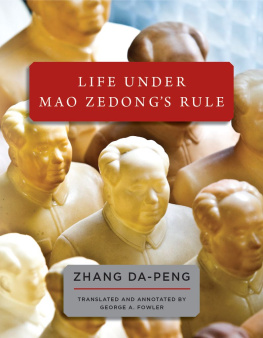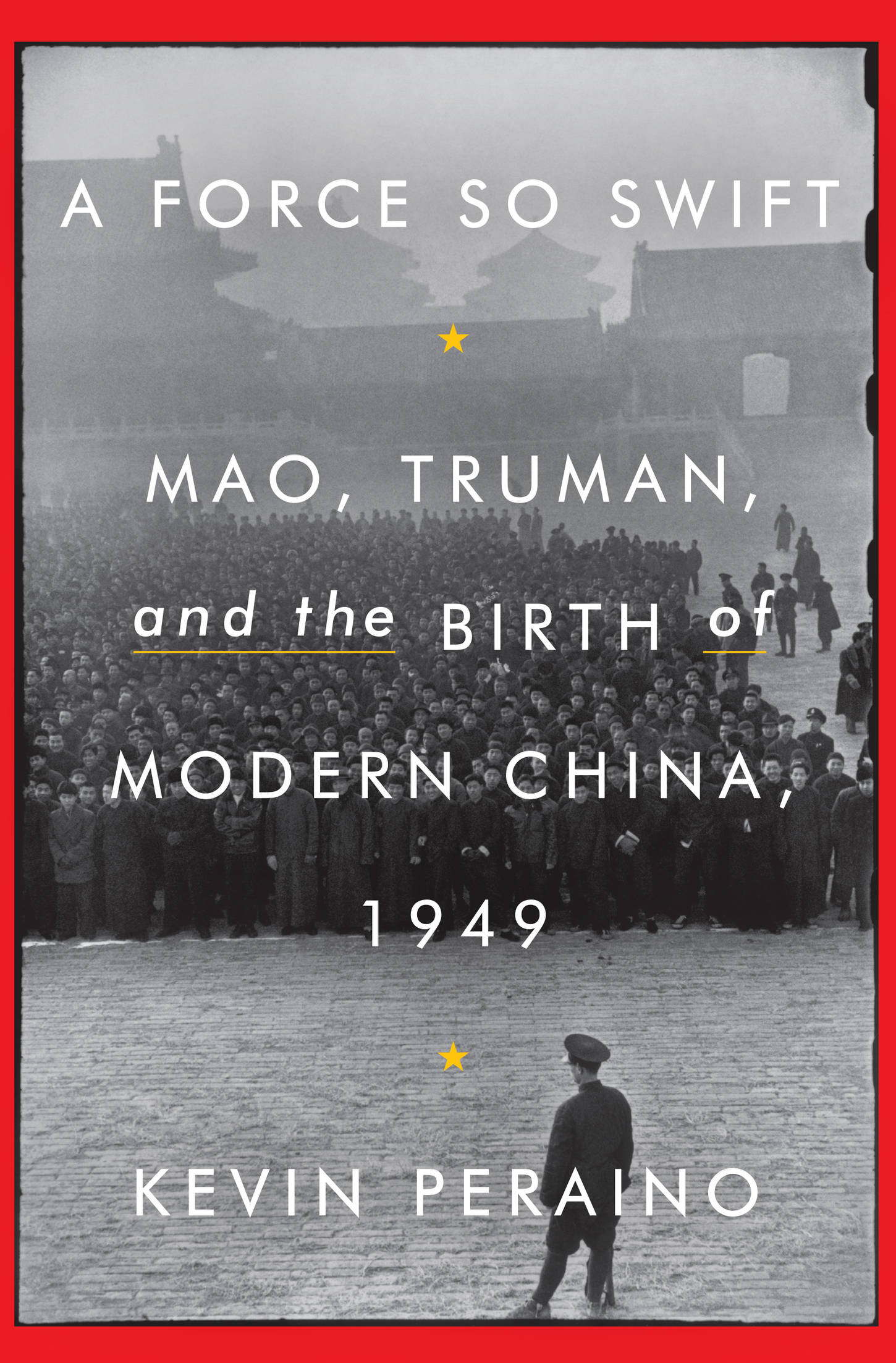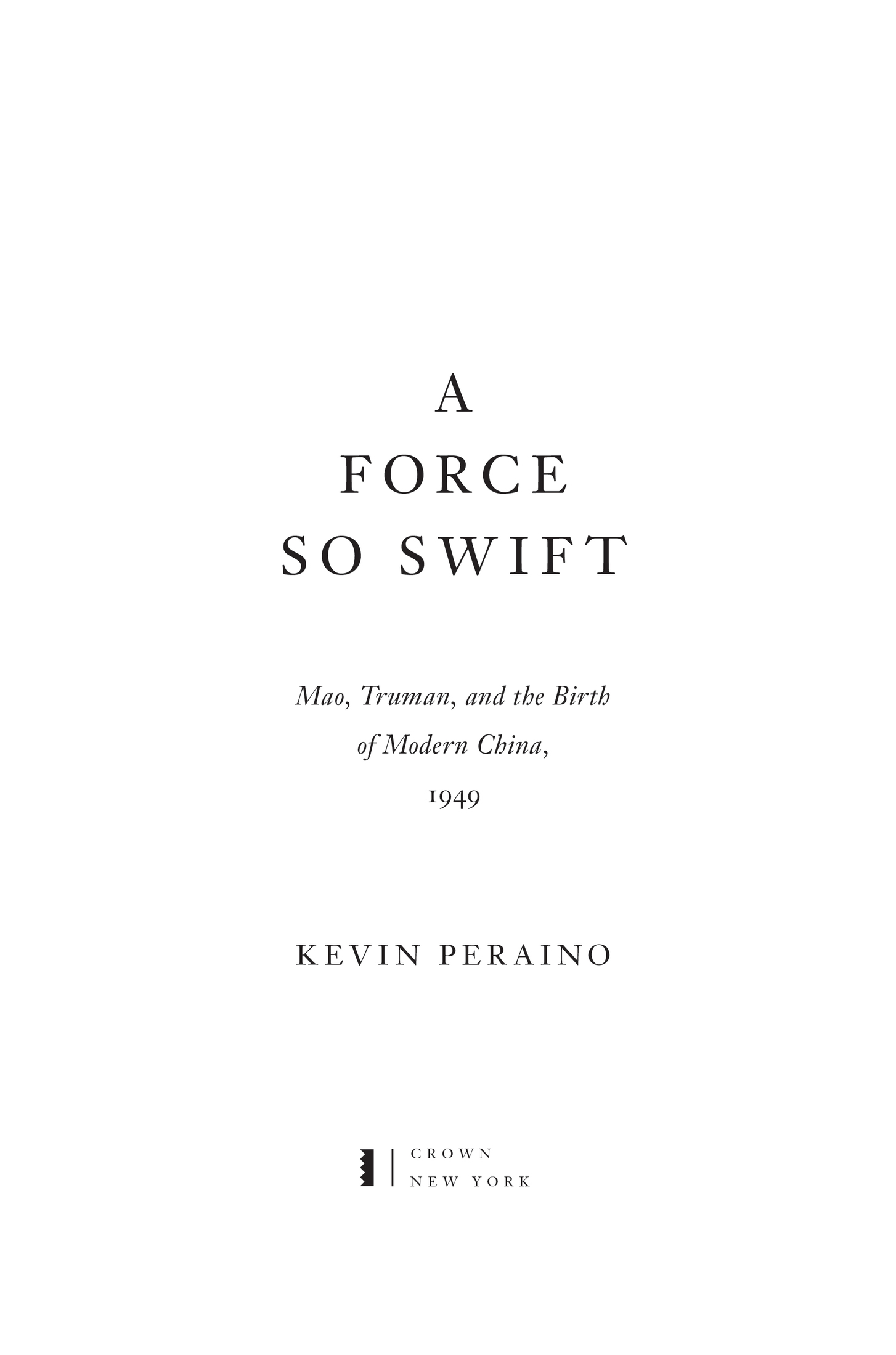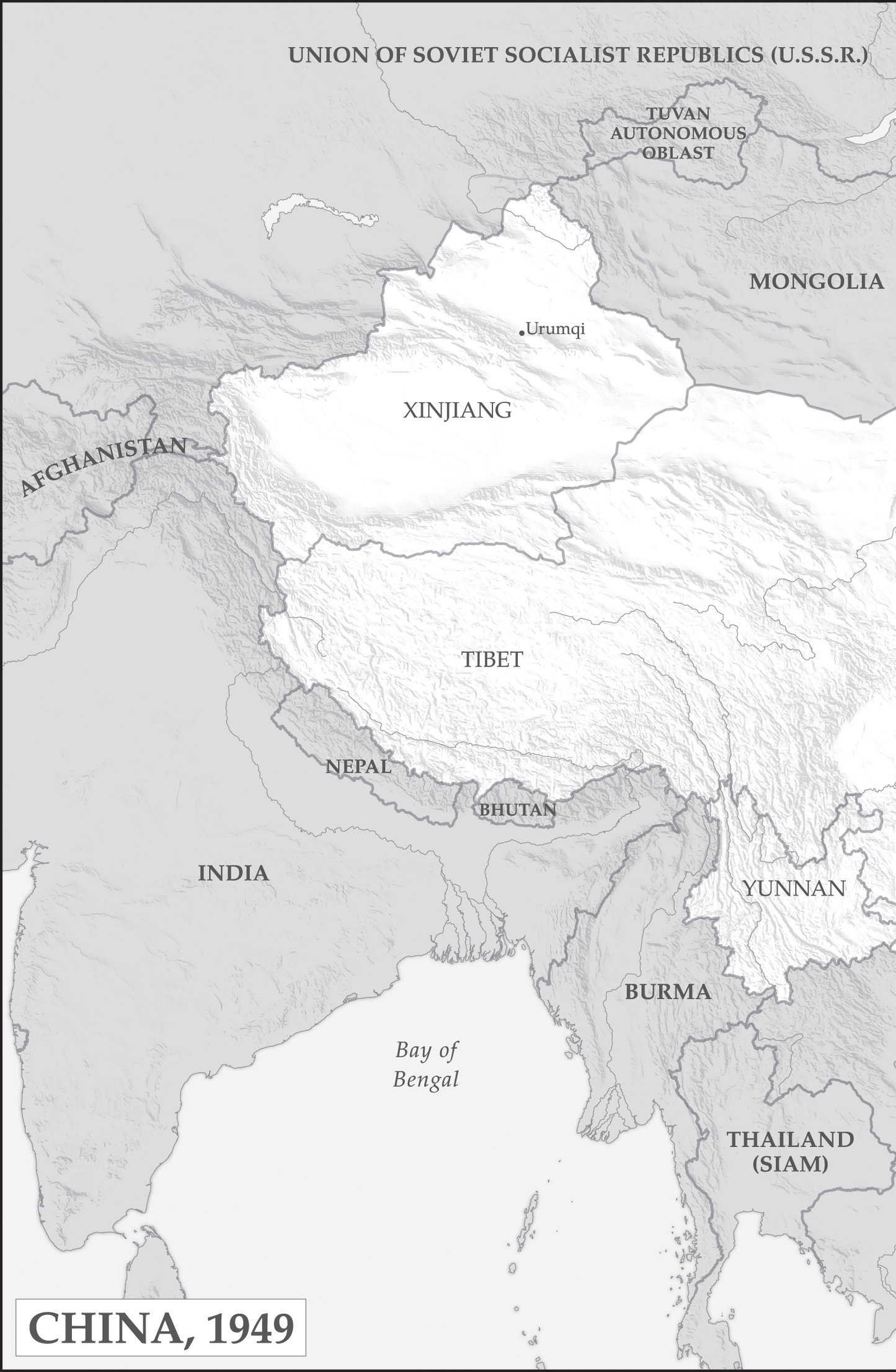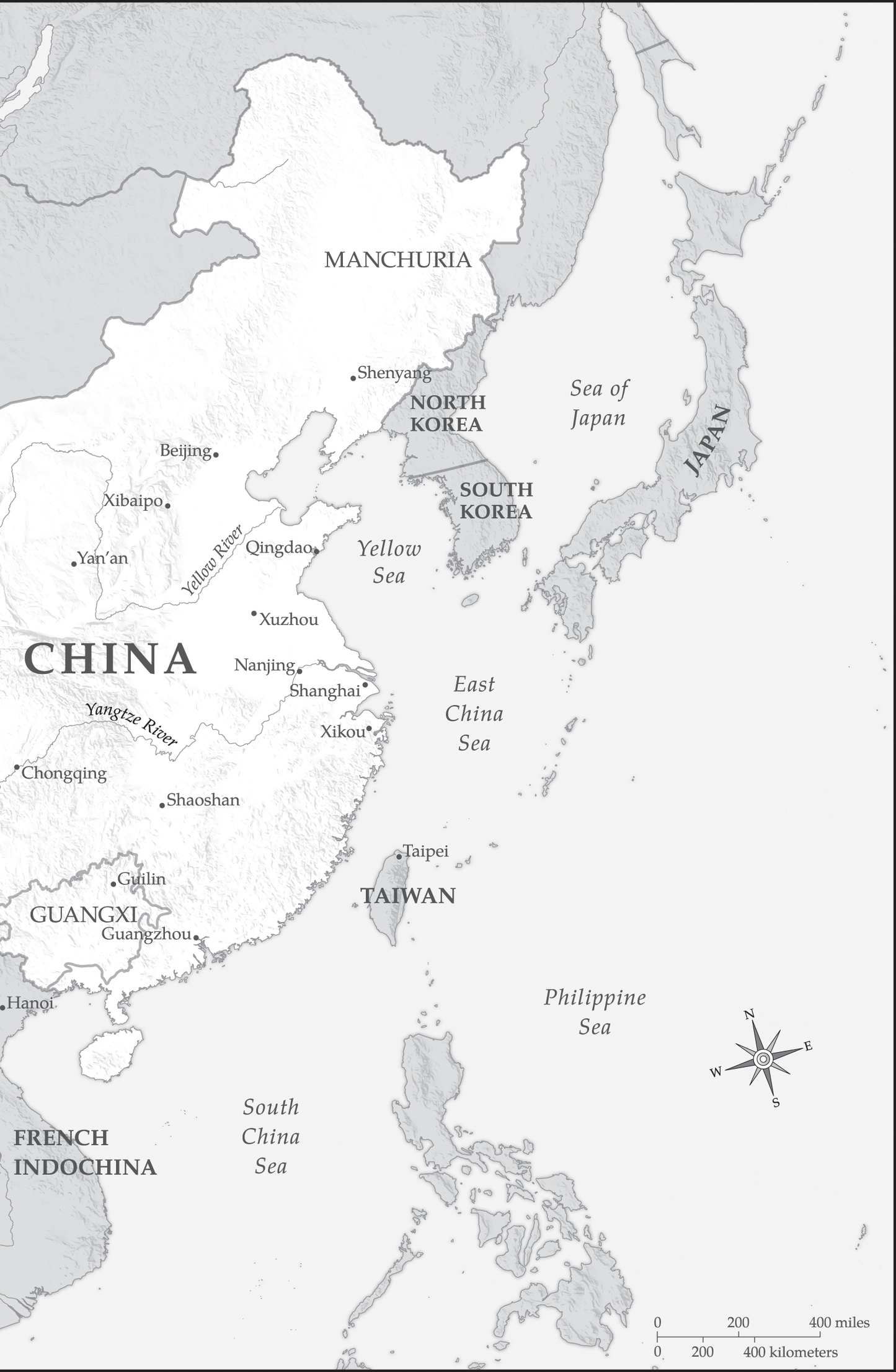Peraino - A force so swift Mao, Truman, and the birth of modern China, 1949
Here you can read online Peraino - A force so swift Mao, Truman, and the birth of modern China, 1949 full text of the book (entire story) in english for free. Download pdf and epub, get meaning, cover and reviews about this ebook. City: China;United States;Taiwan;USA, year: 2017, publisher: Crown/Archetype, genre: Non-fiction. Description of the work, (preface) as well as reviews are available. Best literature library LitArk.com created for fans of good reading and offers a wide selection of genres:
Romance novel
Science fiction
Adventure
Detective
Science
History
Home and family
Prose
Art
Politics
Computer
Non-fiction
Religion
Business
Children
Humor
Choose a favorite category and find really read worthwhile books. Enjoy immersion in the world of imagination, feel the emotions of the characters or learn something new for yourself, make an fascinating discovery.

- Book:A force so swift Mao, Truman, and the birth of modern China, 1949
- Author:
- Publisher:Crown/Archetype
- Genre:
- Year:2017
- City:China;United States;Taiwan;USA
- Rating:5 / 5
- Favourites:Add to favourites
- Your mark:
A force so swift Mao, Truman, and the birth of modern China, 1949: summary, description and annotation
We offer to read an annotation, description, summary or preface (depends on what the author of the book "A force so swift Mao, Truman, and the birth of modern China, 1949" wrote himself). If you haven't found the necessary information about the book — write in the comments, we will try to find it.
In the opening months of 1949, U.S. President Harry S. Truman found himself faced with a looming diplomatic catastrophe--perhaps the greatest that this country has ever suffered, as the journalist Walter Lippmann put it. Throughout the spring and summer, Mao Zedongs Communist armies fanned out across mainland China, annihilating the rival troops of Americas one-time ally Chiang Kai-shek and taking control of Beijing, Shanghai, and other major cities. As Truman and his aides--including his shrewd, ruthless secretary of state, Dean Acheson--scrambled to formulate a response, they were forced to contend not only with Mao, but also with unrelenting political enemies at home, in Congress and even within the administration. Over the course of this tumultuous year, Mao fashioned a new revolutionary government in Beijing, laying the foundation for the creation of modern China, while Chiang Kai-shek fled to the island sanctuary of Taiwan. These events transformed American foreign policy--leading, ultimately, to decades of friction with Communist China, a long-standing U.S. commitment to Taiwan, and the subsequent wars in Korea and Vietnam.
Drawing on Chinese and Russian sources, as well as recently declassified CIA documents, Kevin Peraino tells the story of this remarkable year through the eyes of the key players, including Mao Zedong, President Truman, Secretary of State Acheson, Minnesota congressman Walter Judd, and Madame Chiang Kai-shek, the influential first lady of the Republic of China. Truman and his administration struggled to navigate a disorienting new political landscape that was being reshaped daily by the emerging technology of television, the rising tensions of the Cold War with the Soviet Union, and growing fears of spying, infiltration, and Russias acquisition of the atomic bomb.
Today, the legacy of 1949 is more relevant than ever to the relationships between China, the United States, and the rest of the world, as Beijing asserts its claims in the South China Sea and tensions endure between Taiwan and the mainland. Yet at the heart of the book is a story for any season--a thoughtful and moving examination of the fierce determination of the human will.
Peraino: author's other books
Who wrote A force so swift Mao, Truman, and the birth of modern China, 1949? Find out the surname, the name of the author of the book and a list of all author's works by series.

